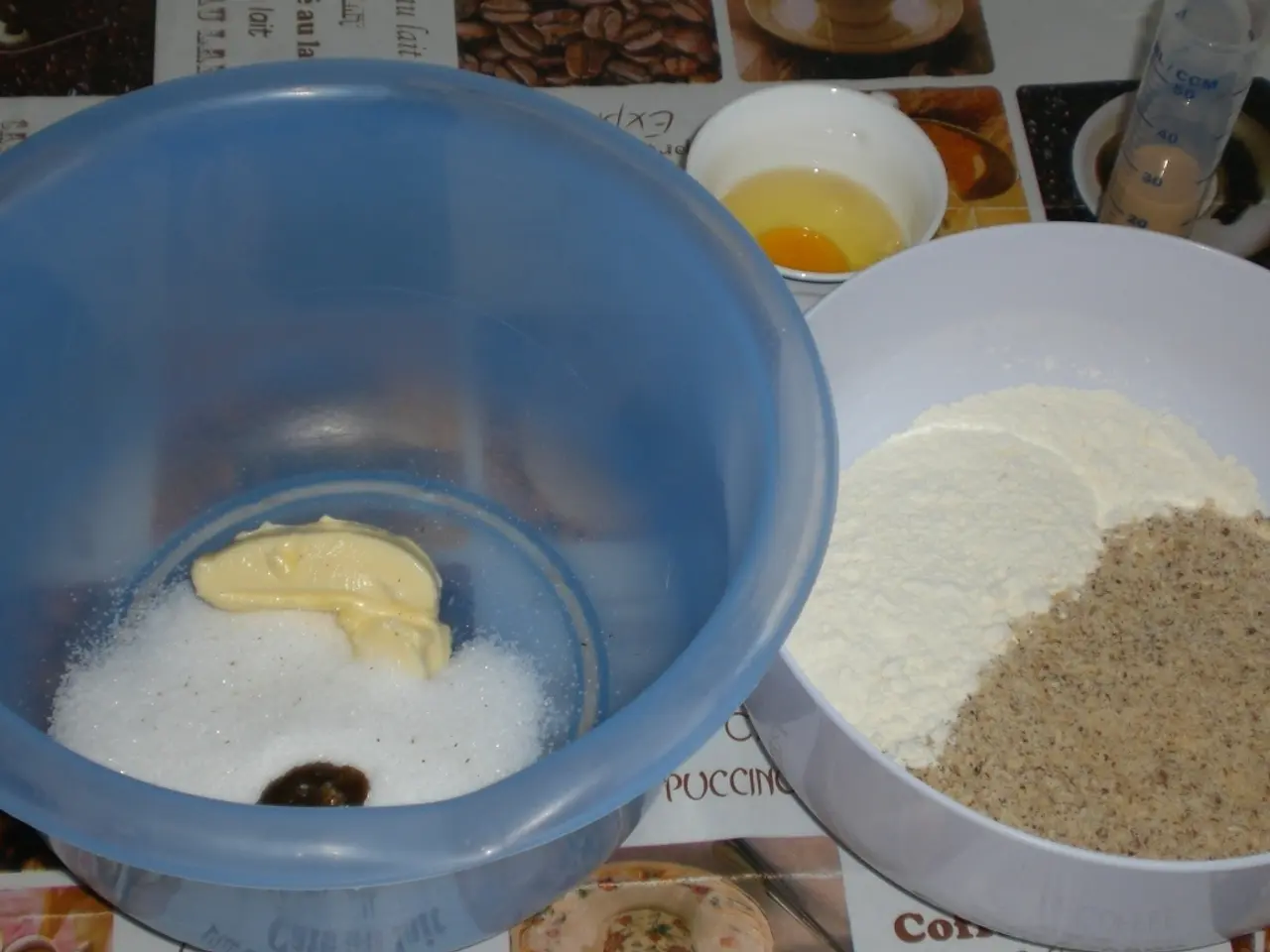Short bowel syndrome, in layman's terms, refers to a medical condition characterized by the loss of significant portions of the small intestine, resulting in altered nutrient absorption and digestion.
Short Bowel Syndrome (SBS) is a medical condition that arises when a significant portion of the small intestine is missing or has been surgically removed. This condition can affect both humans and animals, and it's estimated that approximately 2 to 5 individuals per 1,000,000 people are affected.
SBS can be caused by surgical resection, congenital defects, intestinal diseases, injury or trauma, and infections. In animals, the cause is usually the result of extensive surgical removal of large portions of the small intestine due to disease, injury, or congenital defects.
Recognizing risk factors for SBS can help in early diagnosis and intervention. These risk factors include age, underlying health conditions, previous surgeries, genetic factors, and nutrition and diet.
Diagnosing SBS involves understanding symptoms, medical history, and physical examination, as well as imaging studies, endoscopy, stool tests, and blood tests. Common symptoms include diarrhea, dehydration, weight loss, nutritional deficiencies, and fatigue.
Living with SBS can present various challenges, including malabsorption of nutrients, dehydration, and diarrhea. However, with proper management, many individuals with SBS lead fulfilling lives.
Managing SBS involves regular follow-up appointments with healthcare providers who monitor nutritional status, adjust treatment plans as needed, and screen for potential complications. Treatment options may include dietary modifications, medications, vitamin and mineral supplements, and in severe cases, intravenous nutrition (TPN).
For individuals with SBS, a diet often focuses on high-protein foods, low-fiber options, frequent small meals, and staying hydrated. A well-planned diet can help mitigate symptoms and improve overall health. Consulting with a registered dietitian who specializes in gastrointestinal disorders can provide personalized guidance for managing SBS through a tailored meal plan.
Some medications that can help manage symptoms and improve intestinal function include antidiarrheal medications, proton pump inhibitors, and growth hormones.
In some cases, bowel lengthening procedures and intestinal transplants may be surgical options for patients with SBS. Life expectancy for someone with SBS can vary based on the severity of the condition and the effectiveness of treatment.
For more detailed information about SBS, consider visiting reputable health websites, consulting healthcare professionals, or joining support groups focused on Short Bowel Syndrome. It's important to remember that while information is crucial, always consult with a healthcare professional for personalized advice and guidance.
Read also:
- Connection Between ADHD and Trauma?
- West Nile Virus detected in Kentucky for the first time; authorities advise locals to adopt safety measures
- Digestive issues: Understanding causes, remedies, and further details about acid reflux and excessive burping
- Exploring Botox as a Treatment for Interstitial Cystitis: Insights, Adverse Effects, and Further Details







